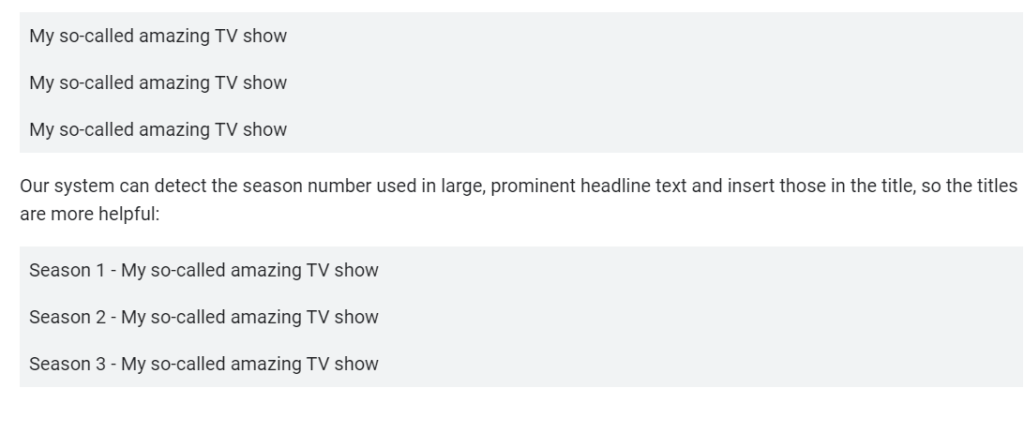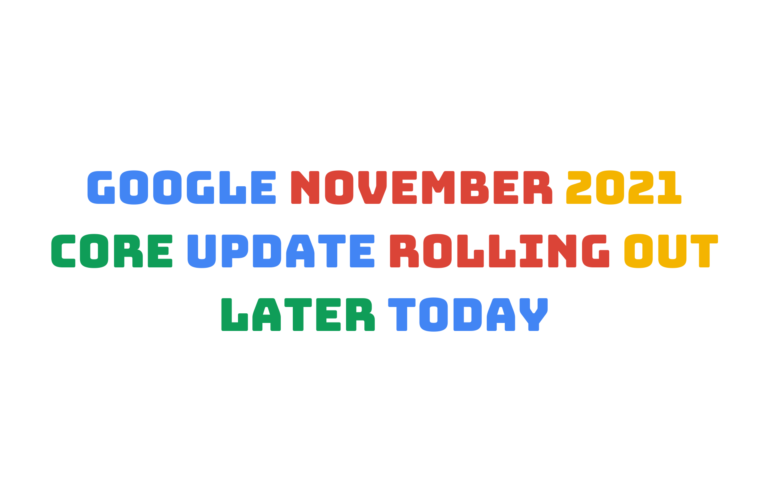Last month, Google shared information on its new system for generating titles for web page results.
There is another latest confirmation on this particular update.
Google said they have refined their new title system and officially confirmed that they are now using HTML title tag 87% rather than around 80%.
Table of Contents
Latest Information About Google’s Page Title Update
Original Titles Would be Used More Often
Webpages’ original titles which SEOs/website owners published will be used more frequently with the refinements made to the page title update.
Original title tag elements are now used around 87% of the all the time, rather than around 80% when the update first rolled out.
Why Doesn’t Google Always Use Original Page Titles?
Google since 2012 is replacing the original page titles in SERPs in case it does not describe a page as well as it could.
Google’s recent update takes things one step further.
Google said
Since 2012, we’ve used text beyond title elements in cases where our systems determine the title element might not describe a page as well as it could. Some pages have empty titles. Some use the same titles on every page regardless of the page’s actual content. Some pages have no title elements at all.
Below are few examples what Google’s page title update is designed to detect and adjust for:
In Google’s new refined system, it will detect all the half empty titles for example titles that only display the site name and will replace it with by looking information in other header elements or other large and prominent text on the webpage.
A page title becomes obsolete when it is used year after year with same/recurring information without changing the title.
Google’s new system will detect the inconsistency and will update the title but everything else remains the same.
Some webpage’s titles are just inaccurate which means they are not properly reflecting what a page is all about.
Google shares an example of pages with dynamic content with a title element like: Giant stuffed animals, teddy bears, polar bears – Site Name.
Micro-boilerplate titles refer to boilerplate same title elements within almost every page within a site.
According to Google, these titles are easy to detect.
Google’s system detects these titles and will adjust them too.
Consider an online discussion forum about television shows. It might have areas for different shows, and then for each show, it may have areas for threads for individual seasons. The micro-boilerplate title elements appear on the season pages. The titles omit the season numbers, so it’s not clear which page is for what season. That produces duplicate titles like this:

Guidance From Google To Site Owners
Google’s guidance to the site owners remains the same as when the update first launched.
Google is using HTML title tags 87% of the time, so focus on creating great titles and less on the titles Google is replacing in the SERPs.
Lastly, Google adds:
Beyond this, consider the examples in this post to understand if you might have similar patterns that could cause our systems to look beyond your title elements. The changes we’ve made are largely designed to help compensate for issues that creators might not realize their titles are having. Making changes may help ensure your title element is again used. That’s really our preference, as well.










